About CAMPUS Asia
Infrastructure demands change with the stage of economic development. For instance, Japan, which has led Asia, is now in a mature to stagnant stage. Thus, the main focus in Japan is on the development of technologies for the maintenance and renewal of aging infrastructure. On the other hand, countries that are in rapid economic growth stage need to develop technologies to construct large-scale new infrastructure. Furthermore, countries in the early economic growth stages are expected to see rapid progress in infrastructure development over the next decade. Therefore, we need more and more borderless people in Asia who can technically support the infrastructure domain based on critical insight about what each country needs. Considering such current situation, this program aims to foster highly specialized human resources that can support the social infrastructure in Asia.
Takeshi Nagayasu, President of Nagasaki University

from
President

Outline of the Program
There are three programs; (1) ‘Double Degree Program’ for both master’s and doctoral courses among Japan, China, and Korea, (2) ‘Hybrid Short-Term Exchange Program (3 months)’ which combines online learnings and study abroad at universities in Japan, China, and Korea besides to ASEAN countries, and (3) ‘ASEAN Expanded Short-Term Exchange Program’ which includes short-term study abroad with credit transfer system between any of the universities in Japan, China, and Korea, and internship without credit transfer. Furthermore, ‘International Collaboration Laboratory’ will be established, and ‘CAMPUS Asia Alumni Association’ will be developed to share information.

Educational Goal
The goal of this program is to foster
- those who can contribute internationally to the sustainable development of infrastructure that meets the needs of each country in Asia from a technical perspective.
- those who can flexibly adopt the latest technologies, ideas and ways of thinking, so become able to lead and contribute to the development of infrastructure-related technologies.
- those who can understand and cooperate with people from different cultural or ethnic backgrounds to work together in international projects and diverse environments.
- those who can actively and sustainably develop the community formed in CAMPUS Asia


Various Exchange Programs
- Japan-China-Korea Double Degree Program
- Hybrid Short-Term Exchange Program
- ASEAN Expanded Short-Term Exchange
Japan-China-Korea Double Degree Program
Exchange among the 3 universities:
Plan to exchange 10 Master & 7 PhD students until 2025
・Master Course:2 students / year
・PhD Course:1 student / year
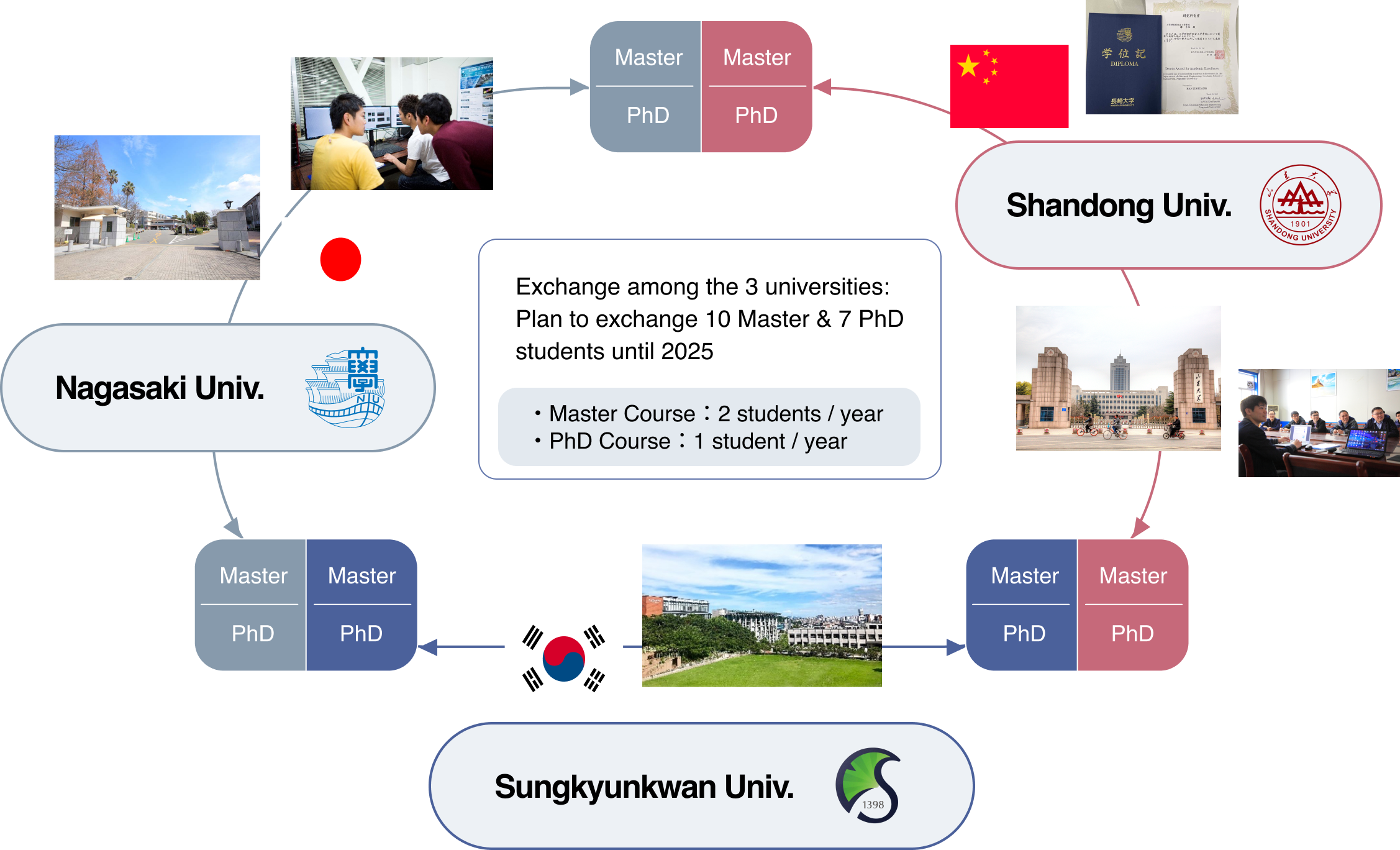
Hybrid Short-Term Exchange Program
・Rotation among universities, 1 week stay in each hosting country
・8 Students annually from Japan, China, & Korea
・2 Students annually from Singapore & Laos
・Plan is to have total of 101 students to participate until 2025 from the 5 universities
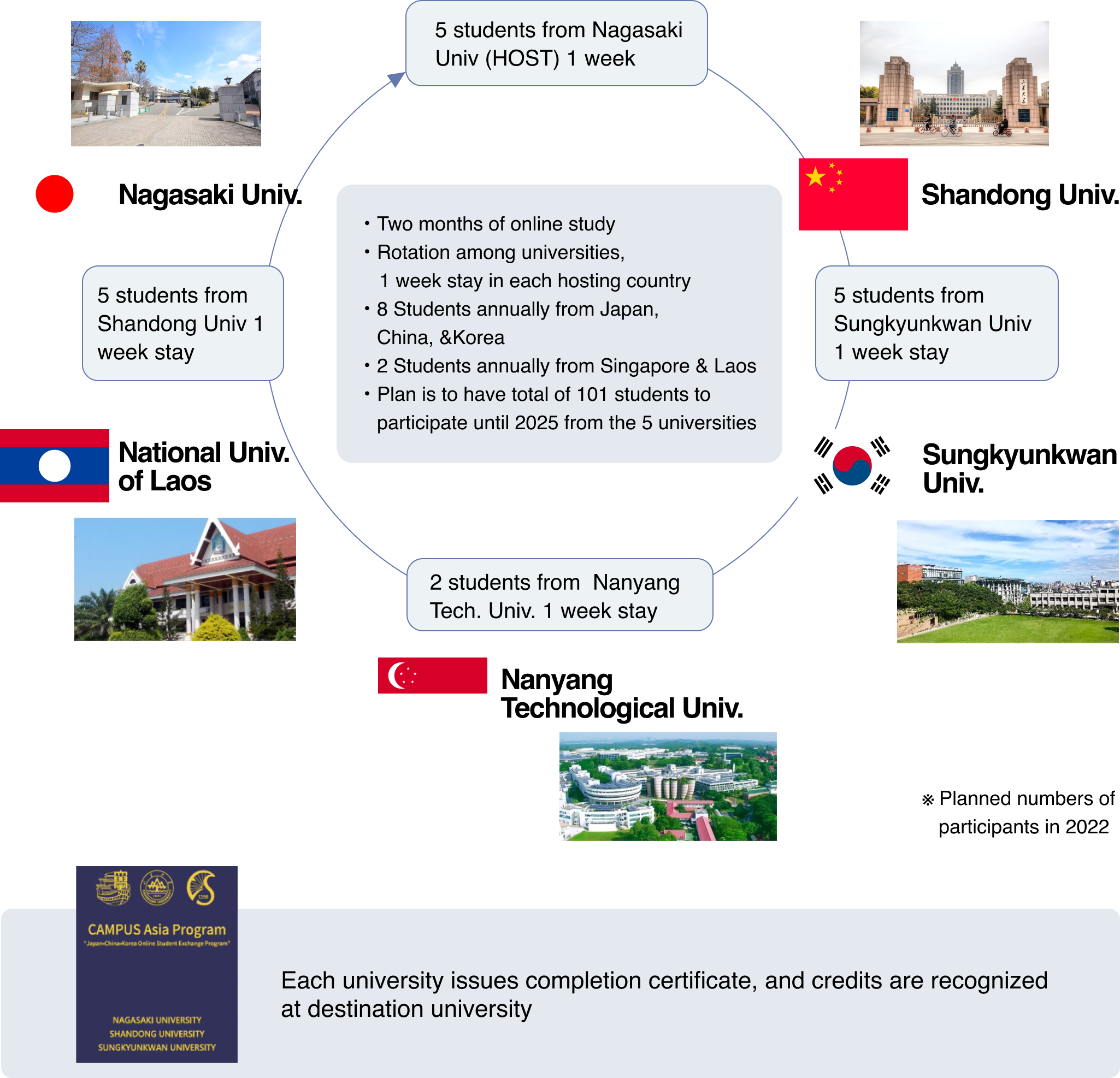
ASEAN Expanded Short-Term Exchange
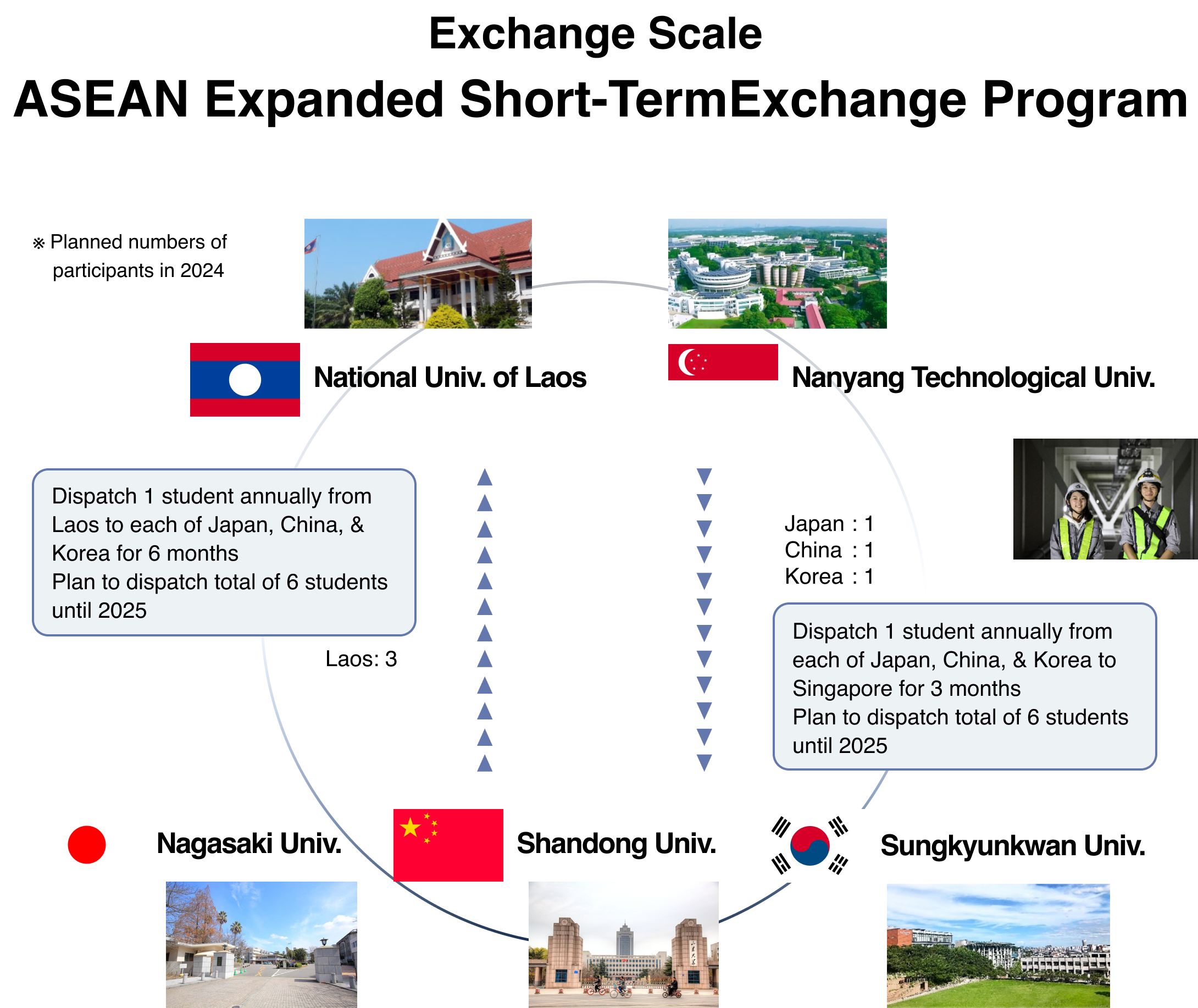
Introduction of Partner Universities
- Nagasaki University
(Japan) - Shandong University
(China) - Sungkyunkwan University
(Korea) - Nanyang Technological University
(Singapore) - National University of Laos
(Laos)
Nagasaki University
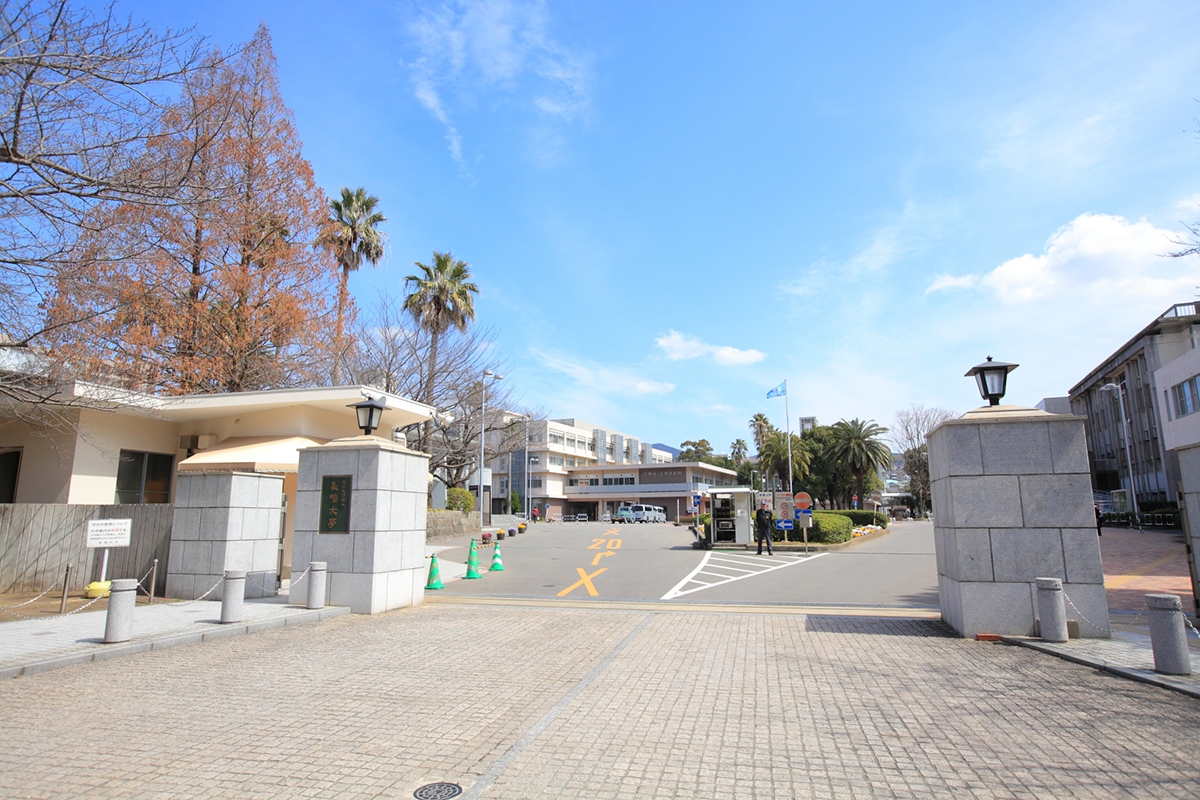
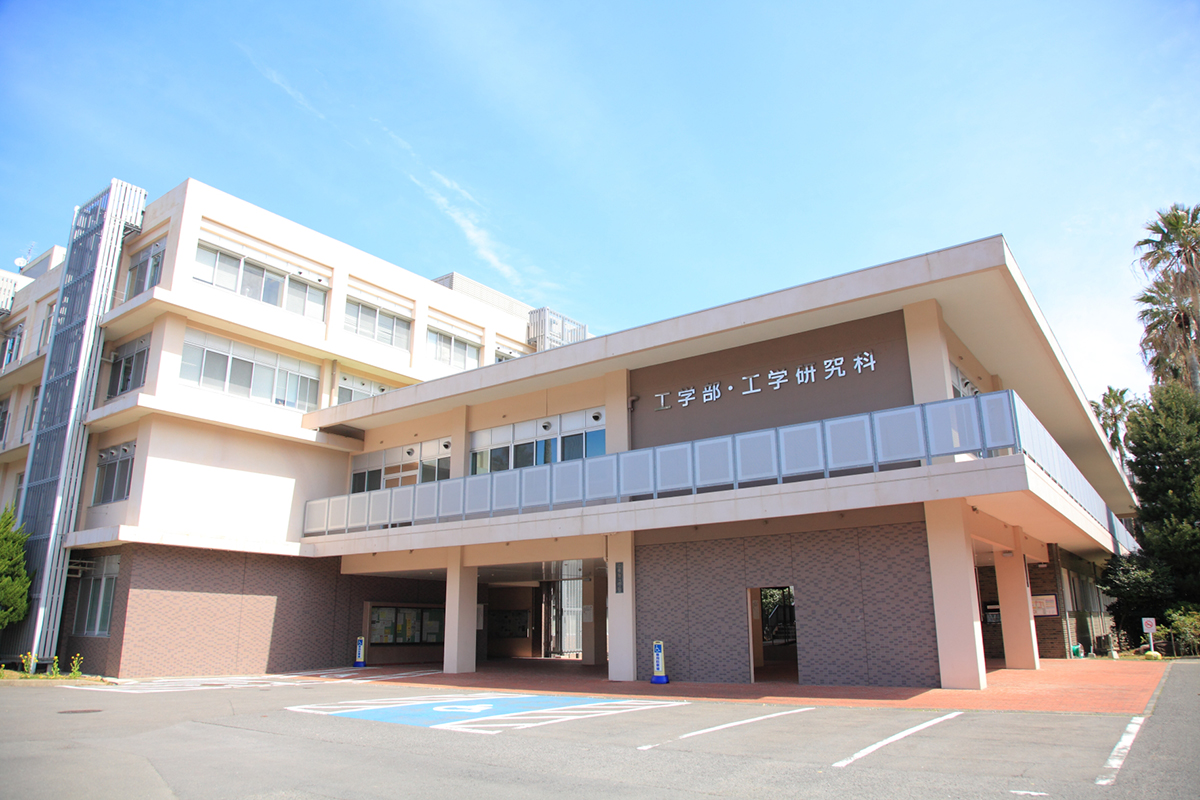
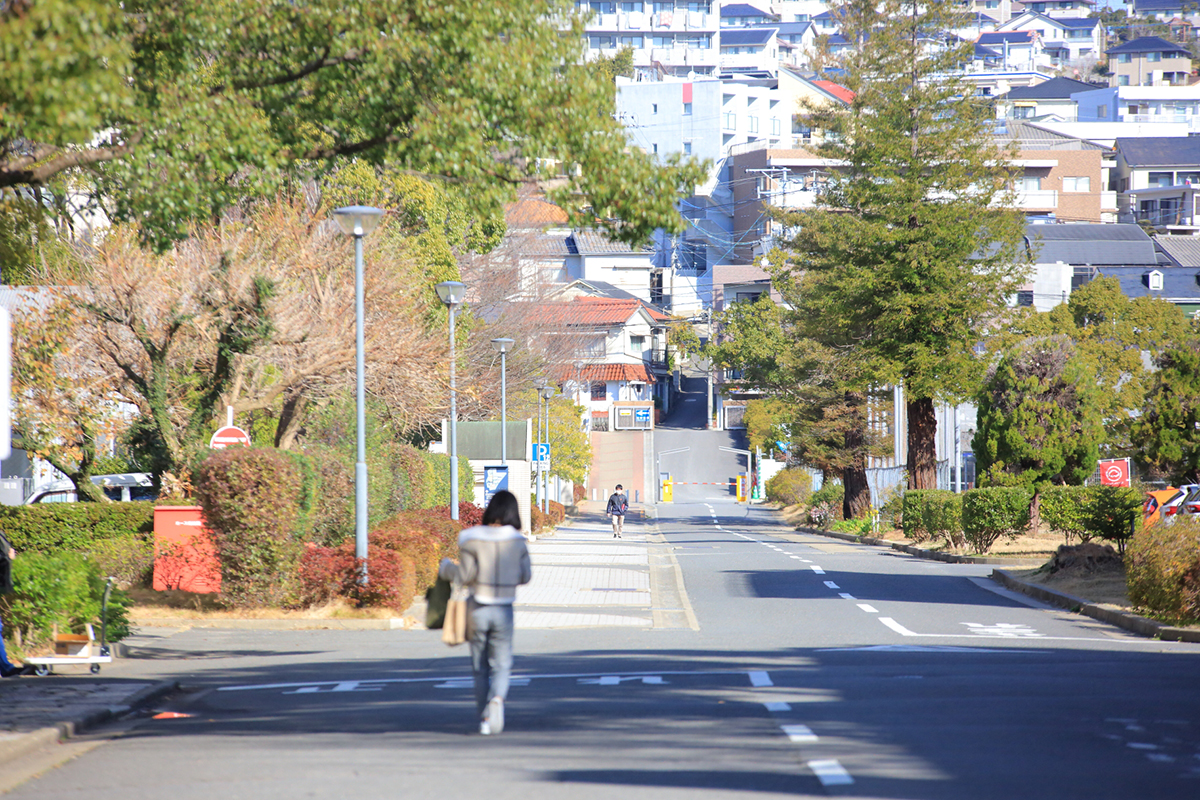
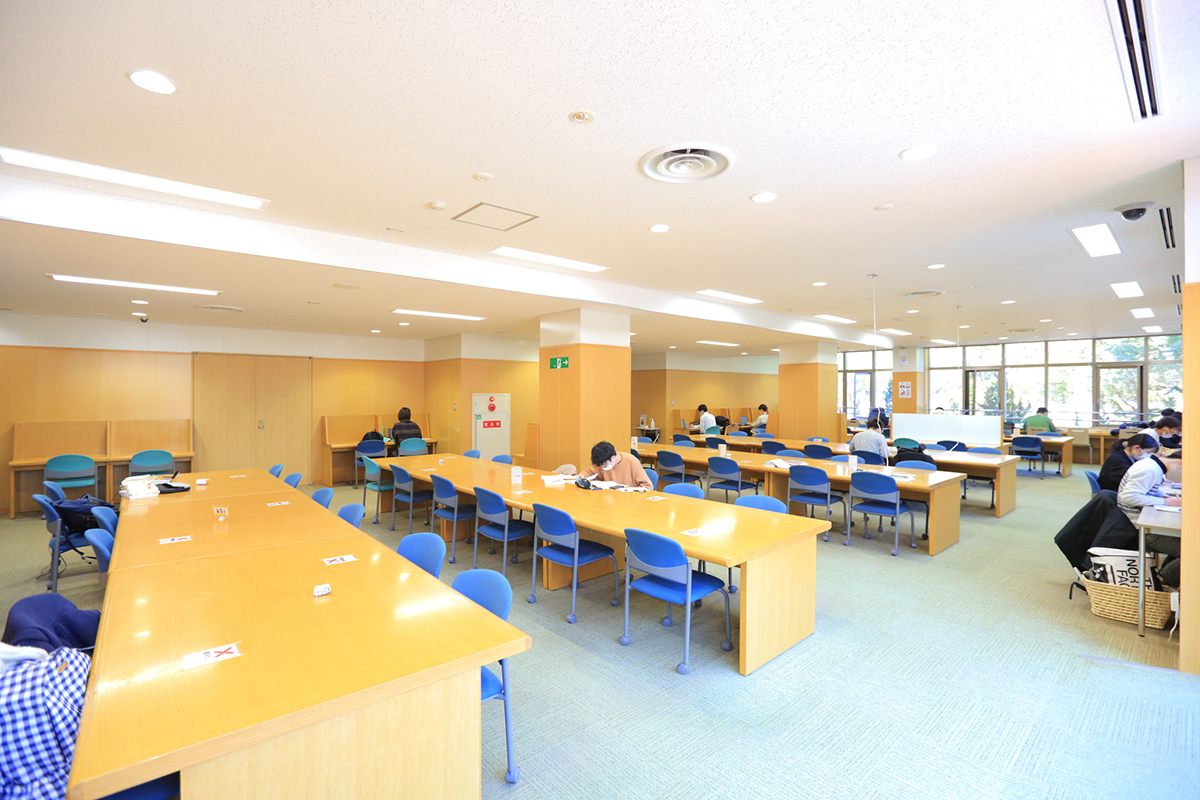
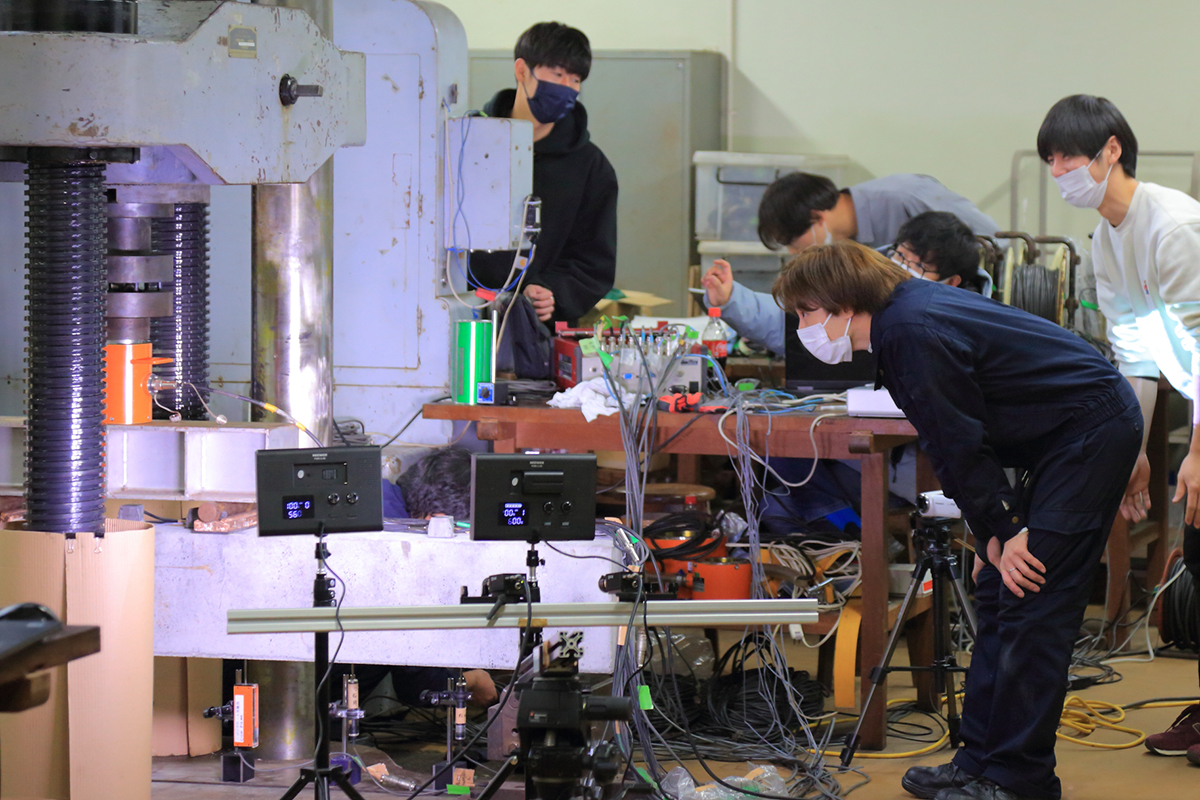
About the University
The origin of Nagasaki University (NU) is the Medical Training Institute (Igaku Denshu-sho), which is the oldest medical school in Japan founded in 1857 by J.L.C. Pompe van Meerdevoort, who was a military doctor in the Dutch Navy. The university has three campuses and ten faculties and schools in total. Faculty of Education, Faculty of Fisheries, School of Engineering, School of Pharmaceutical Sciences, Faculty of Environmental Science, School of Global Humanities and Social Sciences, and School of Information and Data Sciences are located in Bunkyo Campus. School of Medicine and School of Dentistry are in Sakamoto Campus, and Faculty of Economics is in Katafuchi Campus. About 10,000 students in total are enrolled, including around 500 foreign students coming from 49 countries and regions.
NU has been collaborating with top-level universities in Japan and abroad to advance and internationalize education and research areas. Such collaboration includes forming a Consortium of Six National Universities in Japan (SixERS) with Chiba University, Niigata University, Kanazawa University, Okayama University, and Kumamoto University.
The main campus is located in Bunkyo Area, 4 kilometers to the north of the central part of Nagasaki City. It is easily accessible by tram or bus, and there is a shopping district nearby for convenient living.
Project Preparation Progress (Delivered Results)
In the second stage of the Inter-University Exchange Project, the School of Engineering of this university has sent 38 Japanese students and hosted 61 foreign students. When sending students, the school has held multiple briefing sessions every year, introduced detailed information on life and research activities during study abroad, held presentations on the students’ results of study abroad. We have disseminated information via pamphlets, flyers, and website, and established a consultation and student support system for all aspects related to study abroad. Academic advisors and international coordinators are also ready to support students.
As for hosting foreign students, dedicated international coordinators with extensive experience in supporting exchange students are assigned to the program. The exchange students support division has support team with staff from China, Korea and staff fluent in English working together.
Moreover, the university cooperates with the “Nagasaki International Student Support Center” which is established by the collaboration among the industry, academia, and government in Nagasaki Prefecture. Through such cooperation, a wide range of support is provided by hosting events and offering a “Business Japanese Course for International Students”. Furthermore, latest information is continuously disseminated via the “CAMPUS Asia Alumni Association”.
History
- 1949
- Under the National School Establishment Law, newly structured NU was established comprising five faculties: Education, Economics, Medicine, Pharmacy and Fisheries.
- 1953
- Faculty of Arts and Sciences moved from Ohmura city to Ohashi-machi, Nagasaki city (the current Bunkyo Campus).
- 1955
- NU’s Headquarter was relocated from Kohzen-machi to Ohashi-machi (Bunkyo Campus).
- 1961
- Faculty of Fisheries was relocated from Sasebo city to Ohashi-machi.
- 1966
- Faculty of Engineering was established. Faculty of Arts and Sciences was renamed to Faculty of Education.
- 1979
- School of Dentistry was established.
- 1997
- Faculty of Environmental Studies was established. Faculty of Liberal Arts was abolished.
- 2004
- NU became a national university corporation under the National University Corporation Law.
- 2008
- Graduate School of International Health Development was established.
- 2014
- School of Global Humanities and Social Sciences was established.
- 2015
- School of Tropical Medicine and Global Health (Master’ s course) was established as a result of merging Graduate School of Biomedical Sciences’ Master of Tropical Medicine and Graduate School of International Health Development)
Shandong University
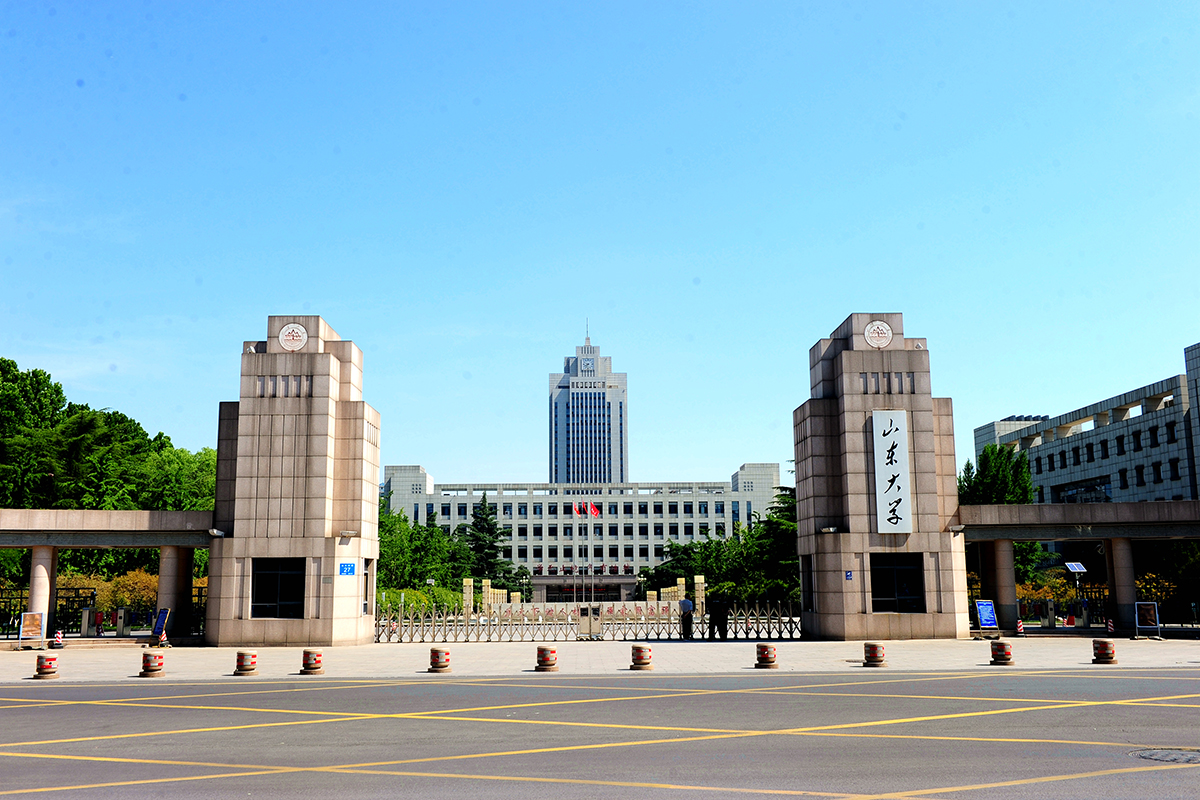
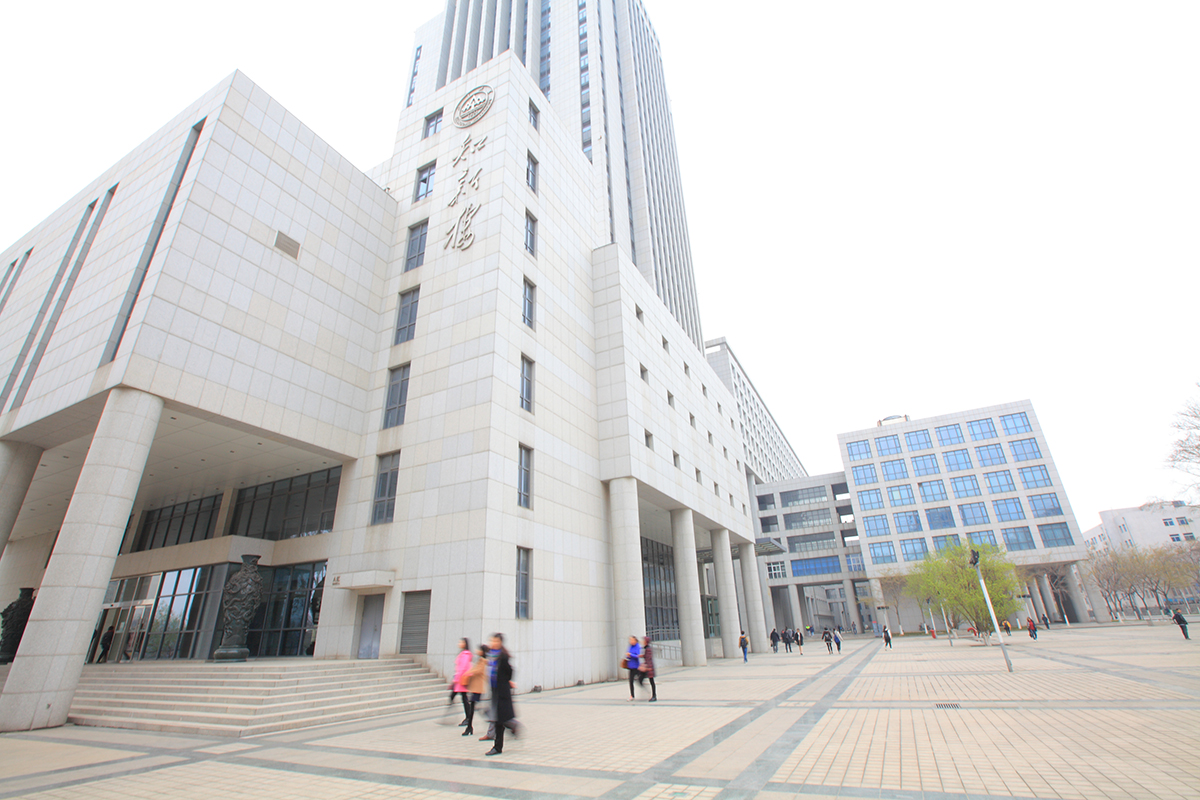
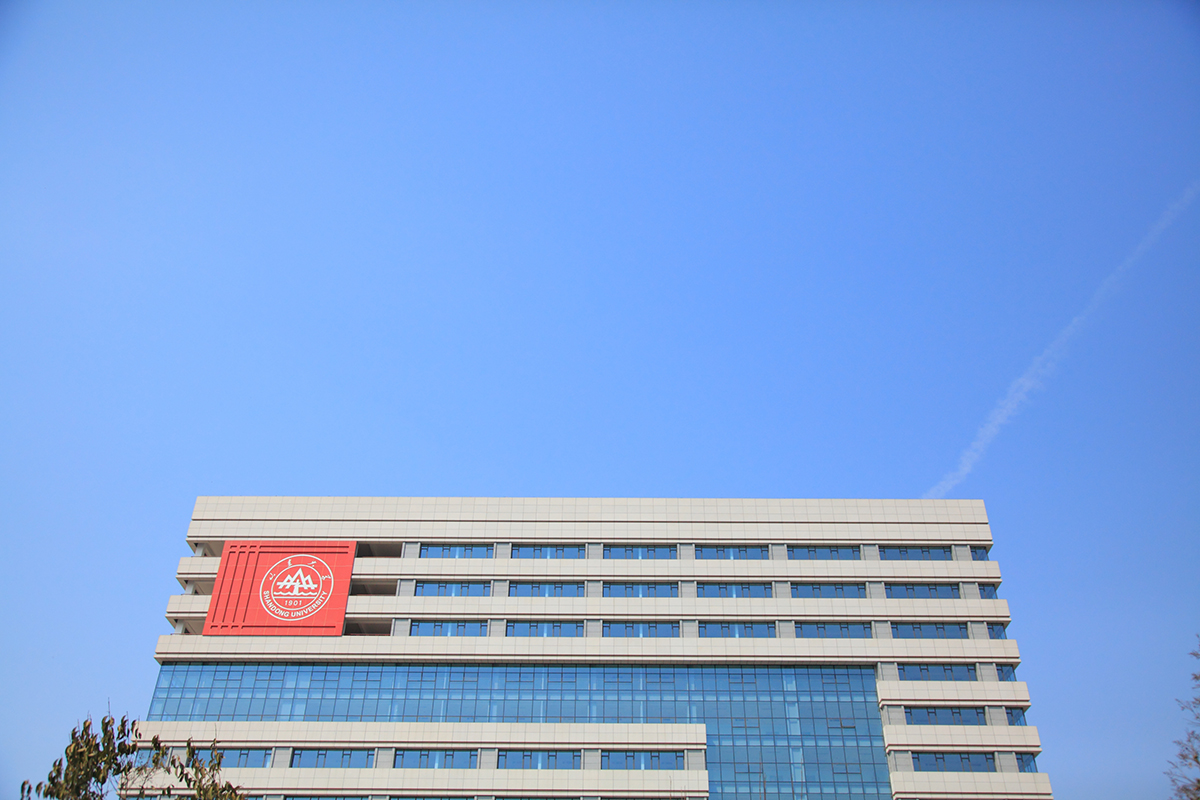
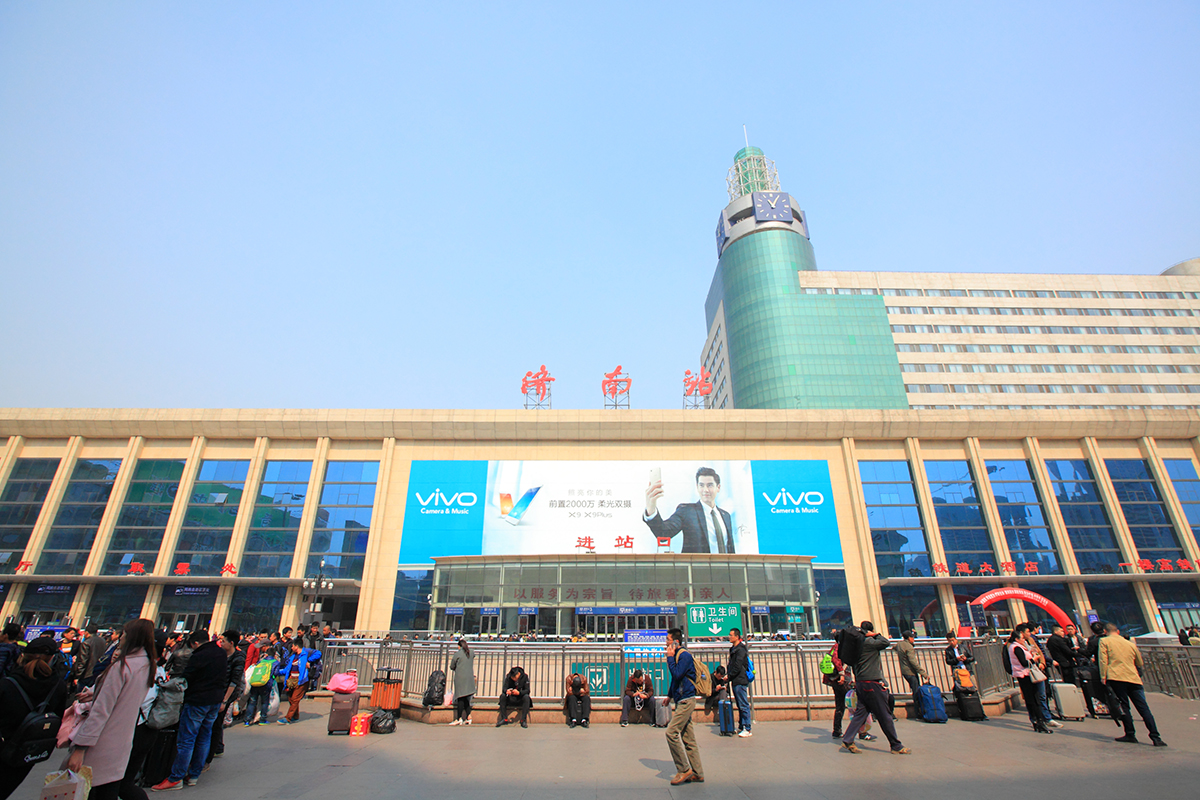
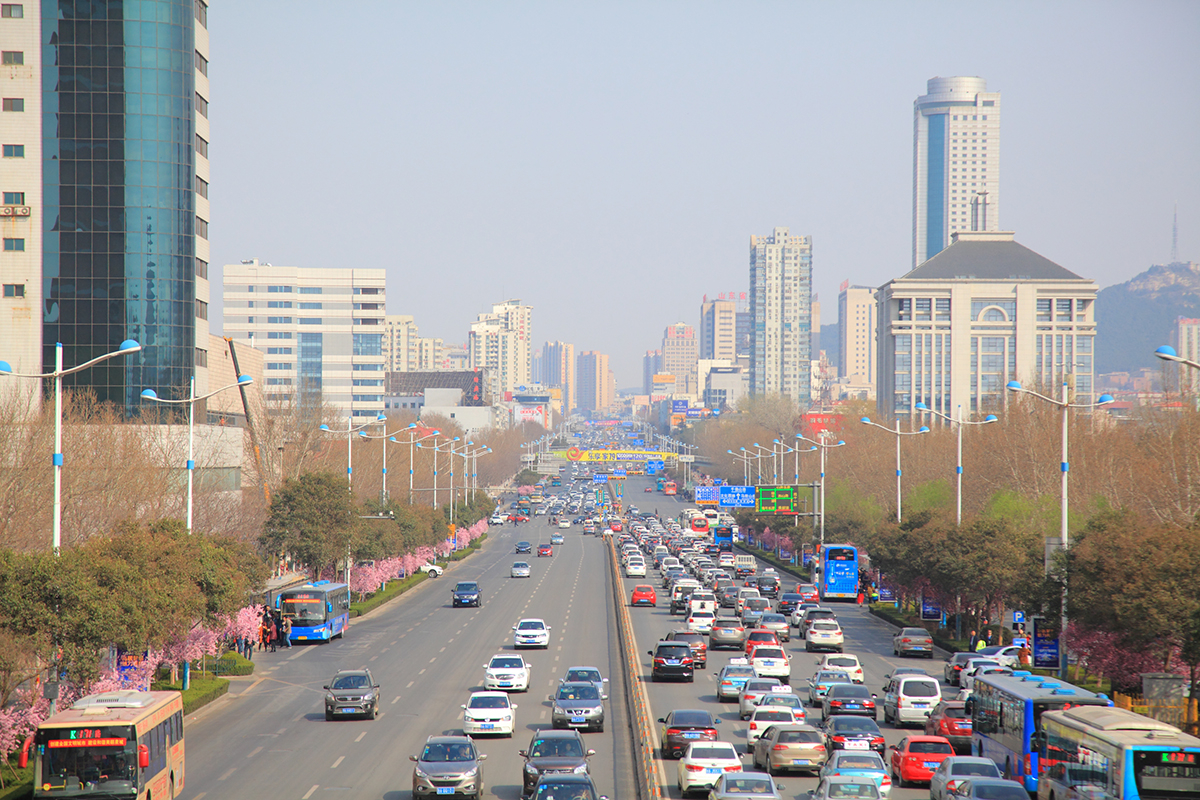
About the University
Shandong University (SDU) is one of the oldest and most prestigious universities in China and listed in the 21 national key construction first-class universities by the Chinese Ministry of Education. The main domains are philosophy, economics, law, literature, history, natural science, engineering technology, business management, and medical science. Full-time students are some 70,000, and full-time academic staff is over 4,500, showing how large and comprehensive university SDU is.
The main office of SDU is in Jinan, which is the capital of Shandong province. The campus there is 3.8 square kilometers large. SDU also has two other campuses in Qingdao and Weihai facing the Yellow Sea.
SDU is also active when it comes to international academic exchange, hosting around 1,000 exchange foreign students and having academic exchange agreements with about 200 universities and institutes in more than 30 countries and regions, including the United States and Japan.
Project Preparation Progress (Delivered Results)
Since the first joint research with SDU in 2007, NU has accepted researchers and doctoral students every year. In 2010, NU and SDU signed an academic exchange agreement and a memorandum of understanding for student exchange. Since then, NU has accepted two students each year from SDU as a consortium partner school under the Inter-University Exchange Project of the Ministry of Education, Culture, Sports, Science and Technology, and two of these students entered the doctoral course. In addition, a wide range of activities such as holding international symposiums and faculty staff exchanges have been continuously promoted.
s for the preparation for this project, the “Long-term Exchange Program based on the Double Degree System (Master’s course)” will continue, and a new “Double Degree Program (Doctoral course)” will be established. A memorandum of understanding and implementation guidelines have already been signed and an implementation system is in place. In addition, there is a plan to establish an “International Collaboration Laboratory” between Japanese, Chinese, Korean, and ASEAN universities led by Shandong University.
History
- 1901
- A predecessor college was founded in Shandong by Yuan Shikai.
- 1901
- ‘Shandong High School’ was established
- 1924
- ‘Private Qingdao University’ was established
- 1928
- ‘National Shandong University’ was established
- 1951
- Shandon University merged with East China University.
- July 2000
- Shandon University merged with Shandong Medical University and Shandong University of Technology.
Sungkyunkwan University
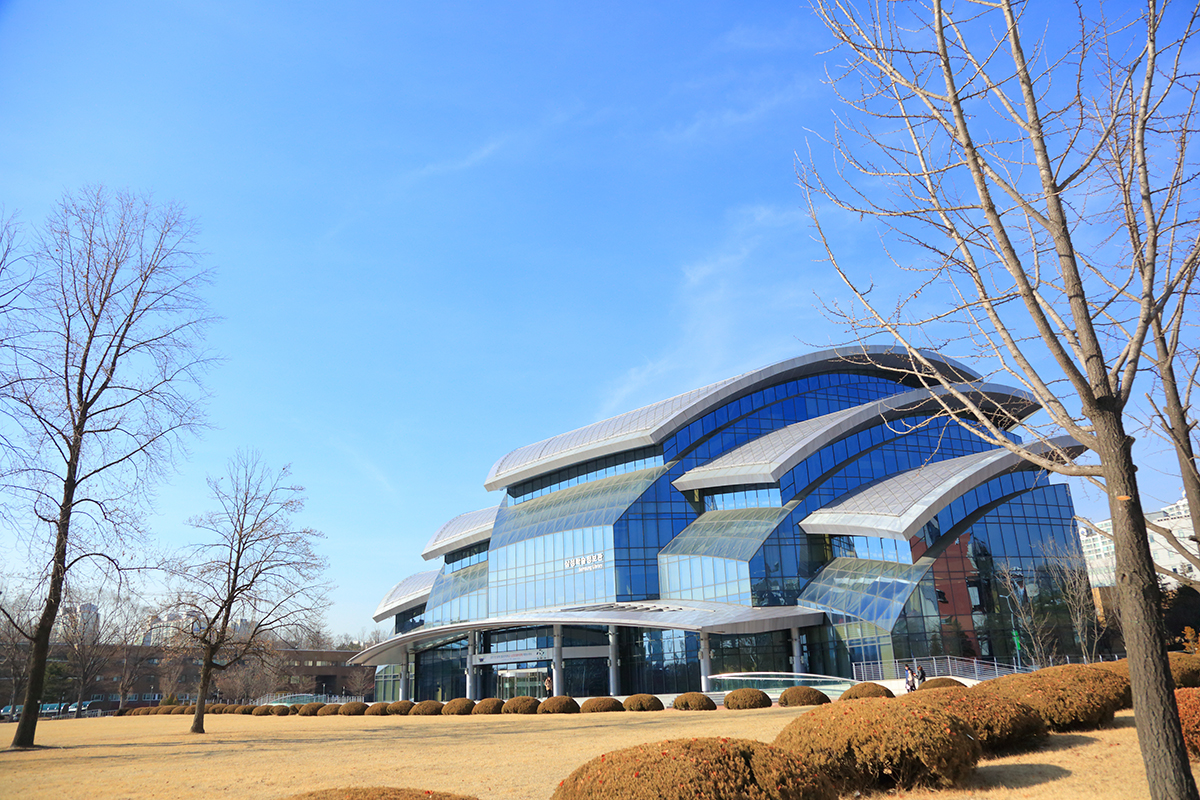
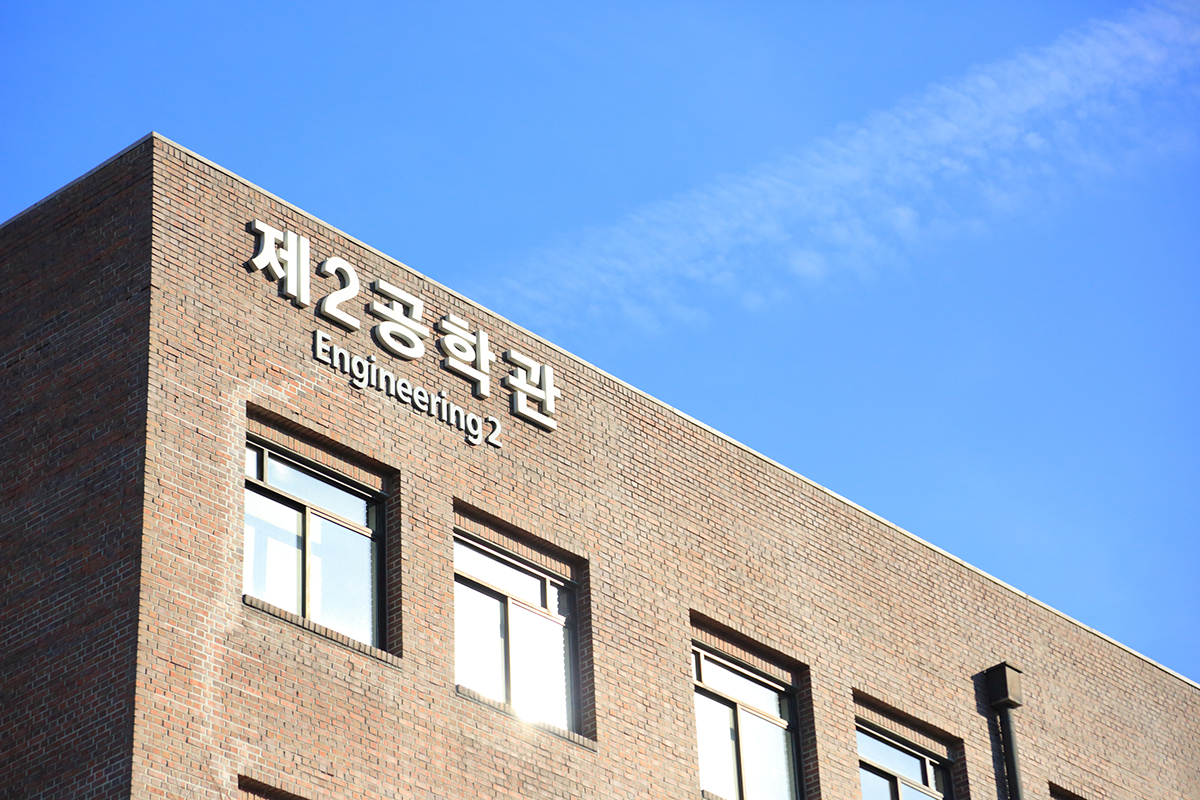
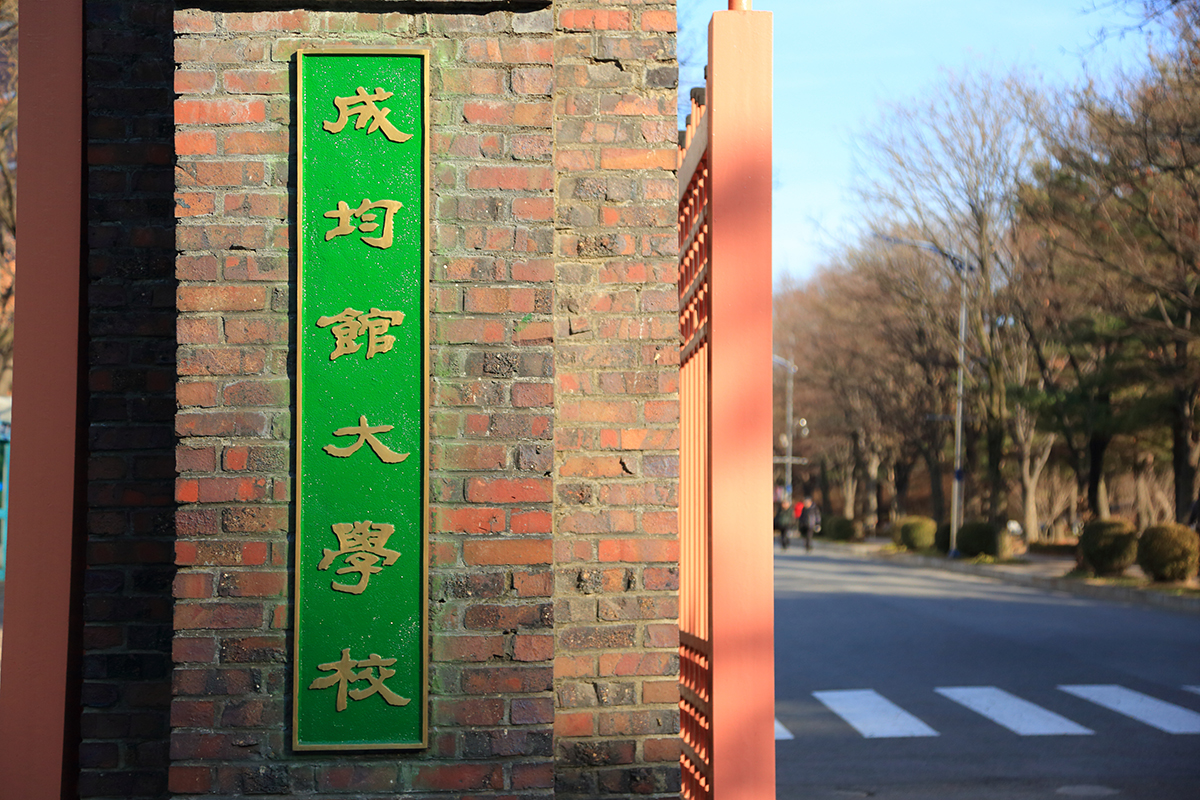
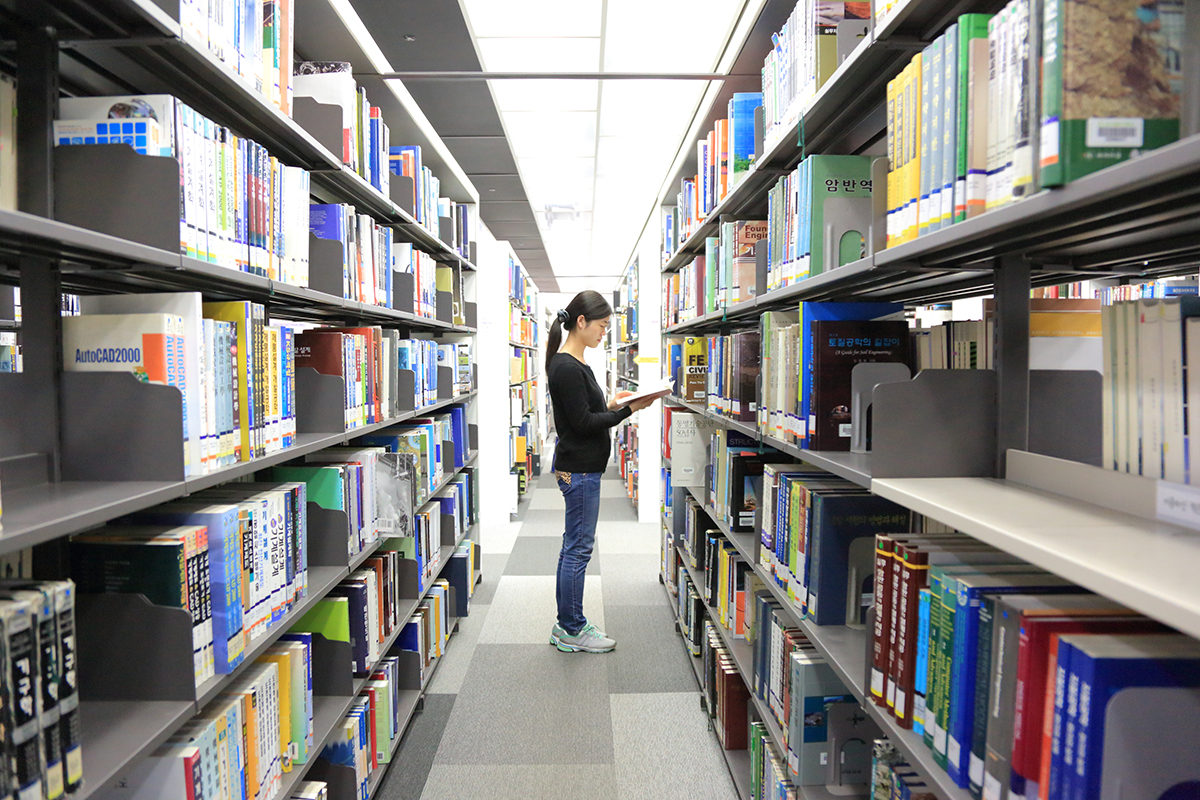
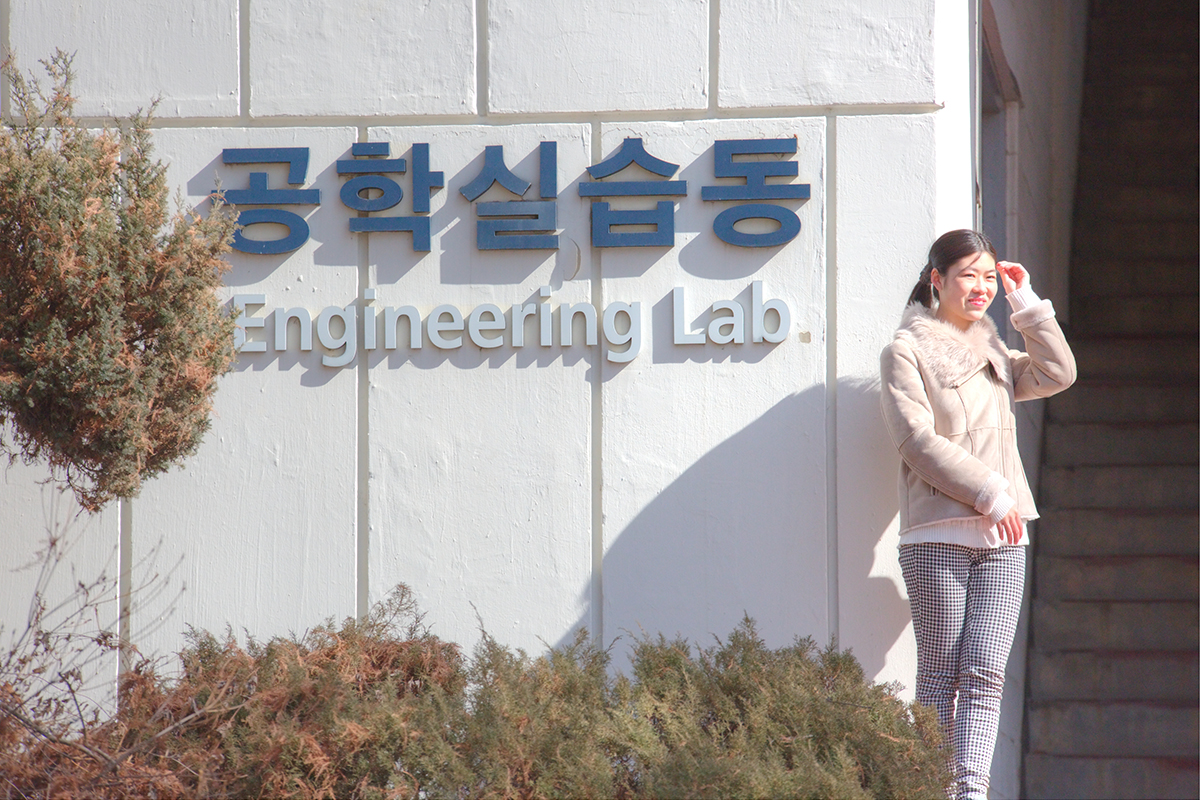
About the University
Sungkyunkwan University (SKKU) is a private university whose main campus is located in the Jongno district in Seoul. SKKU has a long history as its predecessor was the highest national educational institution of the Joseon Dynasty founded in 1398, making it the oldest university in east Asia. SKKU has 37 faculties and graduate schools with approximately 35,000 students and 2,500 international students. Humanities and Social Sciences Campus is in Seoul, while Natural Science Campus, holding medicine, pharmacy, and engineering faculties, is in Suwon city. Suwon city is a central city with a beautiful lake, located 35 km south of Seoul, takes about an hour by bus or subway from Seoul. Suwon is the regional hub that has a beautiful lake. The city is also famous for its walls of “Hwaseong Fortress”, which is designated by UNESCO as a world heritage site.
Project Preparation Progress (Delivered Results)
In 2006, SKKU and NU signed a memorandum of understanding about academic exchange agreement and memorandum of understanding on student exchange. As a result of such agreements, SKKU became a candidate to host NU’s students for Korean language training. In 2016, when the second mode of the “Inter-University Exchange Project” of the Ministry of Education, Culture, Sports, Science and Technology, was adopted, SKKU and NU developed two-way exchanges as consortium partners. During the project period, NU conducted inbound and outbound exchange programs with SKKU, and a total of 61 students were exchanged between the two universities. Moreover, in FY2018, Professor Kim of SKKU started working as a visiting researcher in the Civil and Environmental Engineering Course of the Graduate School of Engineering at NU to promote joint research.
With a focus on the second mode of the “Inter-University Exchange Project”, NU and SKKU are actively exchanging faculty staff and students and planning high quality, two-way, practical exchanges for the future. Several meetings between the two universities have already been held to exchange opinions on the development of this project. A memorandum of understanding and implementation guidelines for the continuation of the “Long-term Exchange Program based on the Double Degree System (Master’s course)” have also been signed. After the start of the project, detailed discussions and preparations will be proceeded to implement the program, and both universities expect to be able to develop a substantial student exchanges during FY2022.
History
- 1398
- In the 7th year of King Taejo of Joseon Dynasty, new Sungkyunkwan was established and relocated to the capital Hanyang (current Seoul) to succeed previous Seonggyungwan established by Goryeo Dynasty.
- 1895
- Modern education system is adopted by the imperial decree of Emperor Gojong, introducing western subjects, including mathematics and sciences.
- 1911
- Renamed to Gyeonghagwon by order of the Japanese Imperial Governor-General of Korea.
- 1946
- Sungkyunkwan University was established.
- 1953
- SKKU was promoted to a comprehensive university.
- 1979
- Natural Sciences Campus was completed.
- 1990
- 600th Anniversary Commemoration Association was established.
- 1996
- The Samsung Group acquired the SKKU Foundation.
- 1998
- The 600th anniversary
- 2004
- SKK Graduate School of Business (SKK GSB) was established in collaboration with the Sloan School of Management at the Massachusetts Institute of Technology
Nanyang Technological University
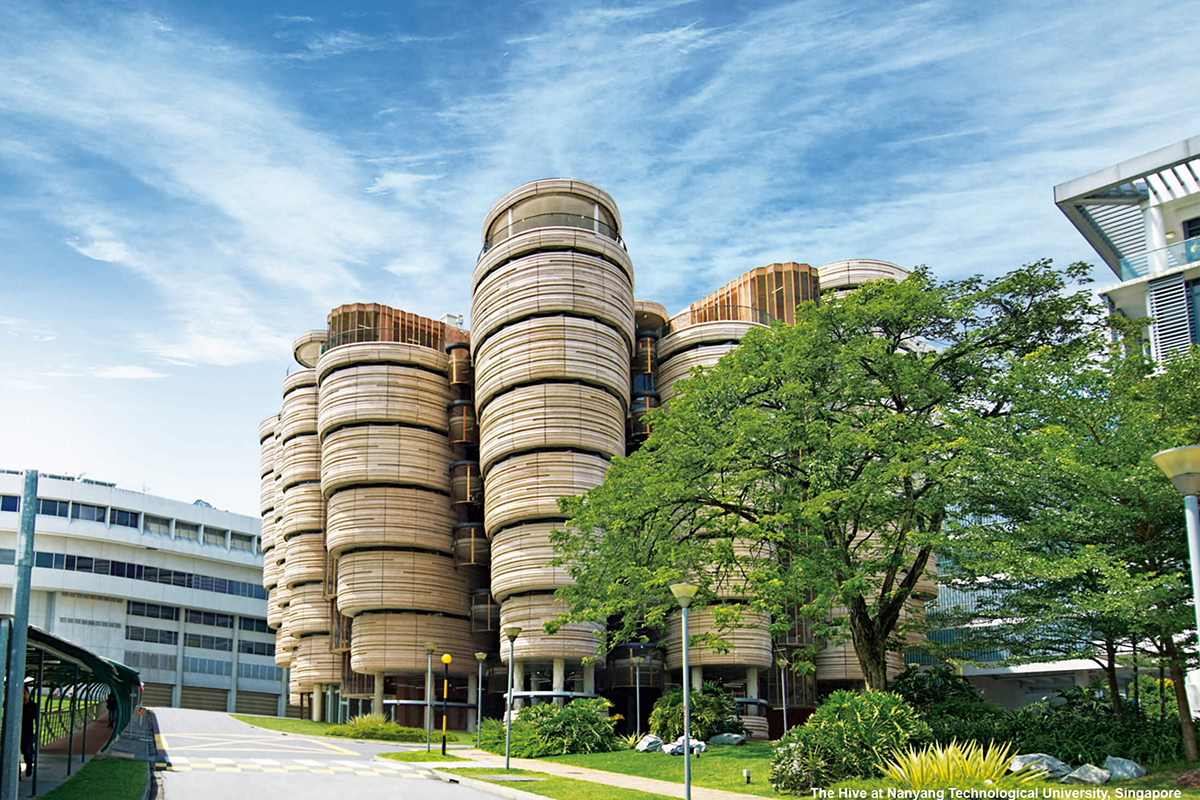
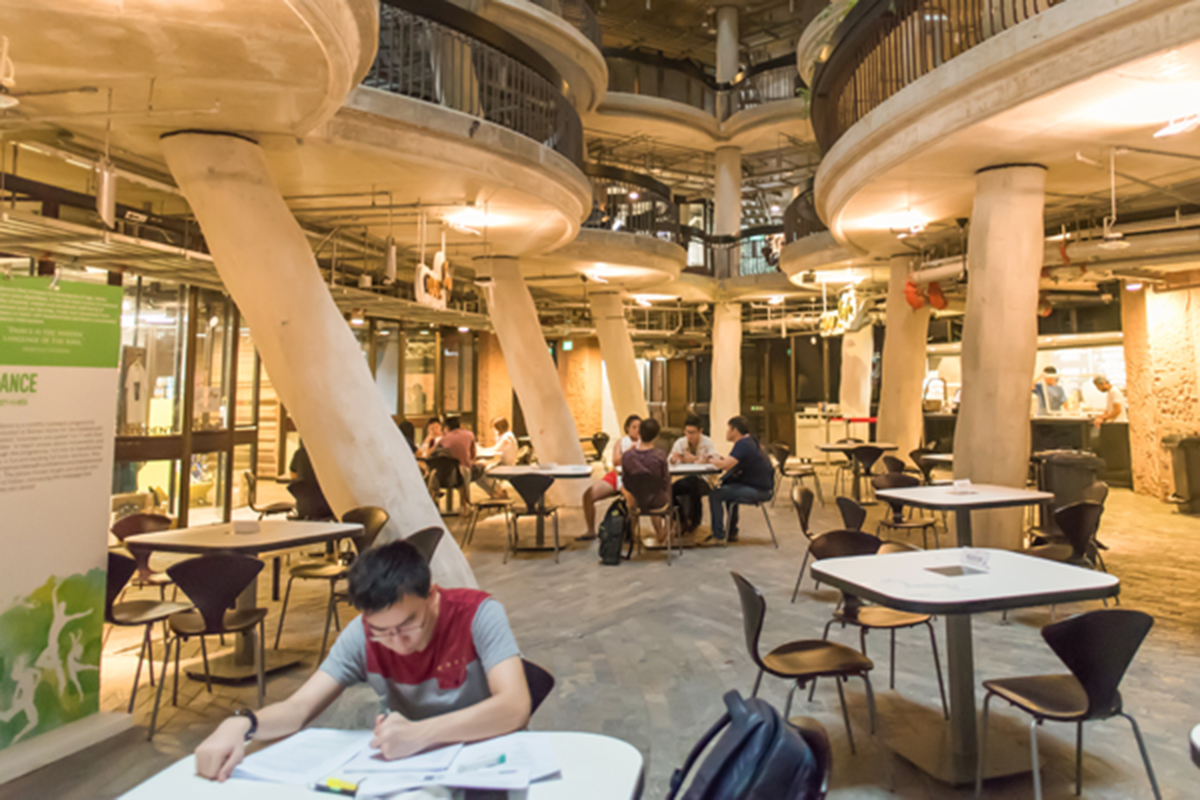
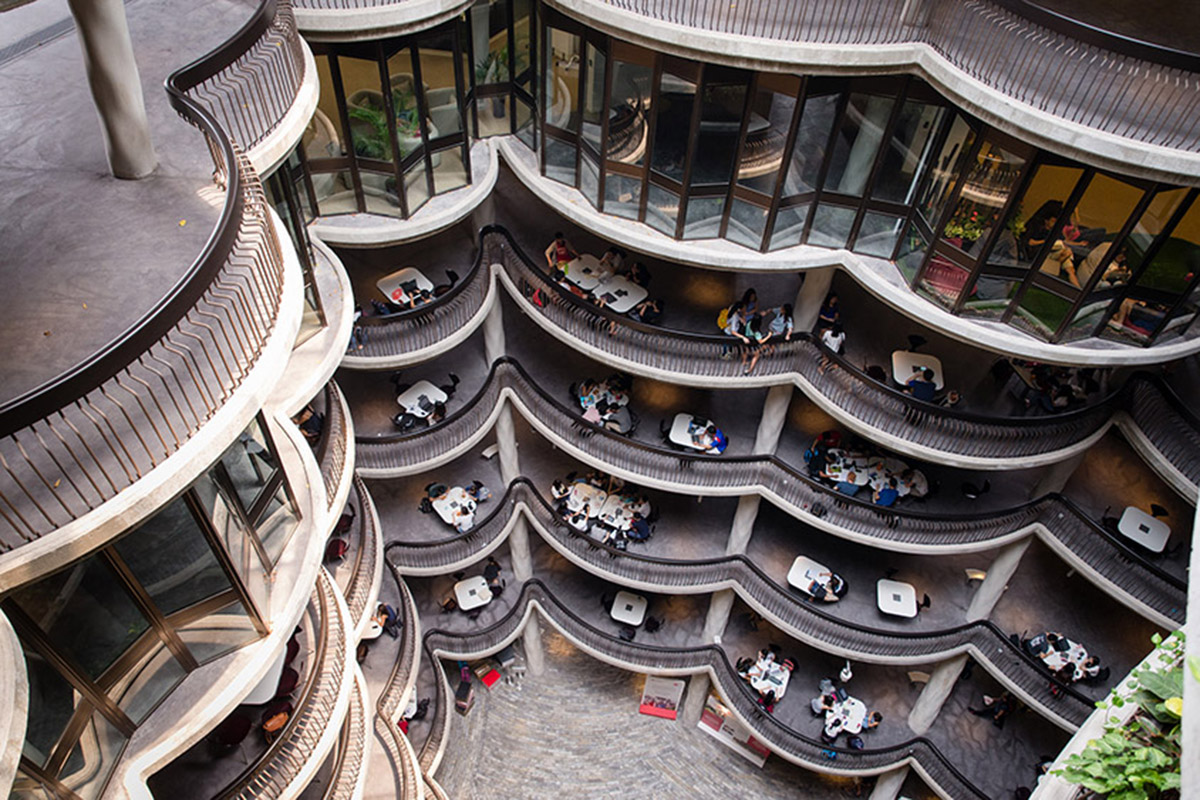
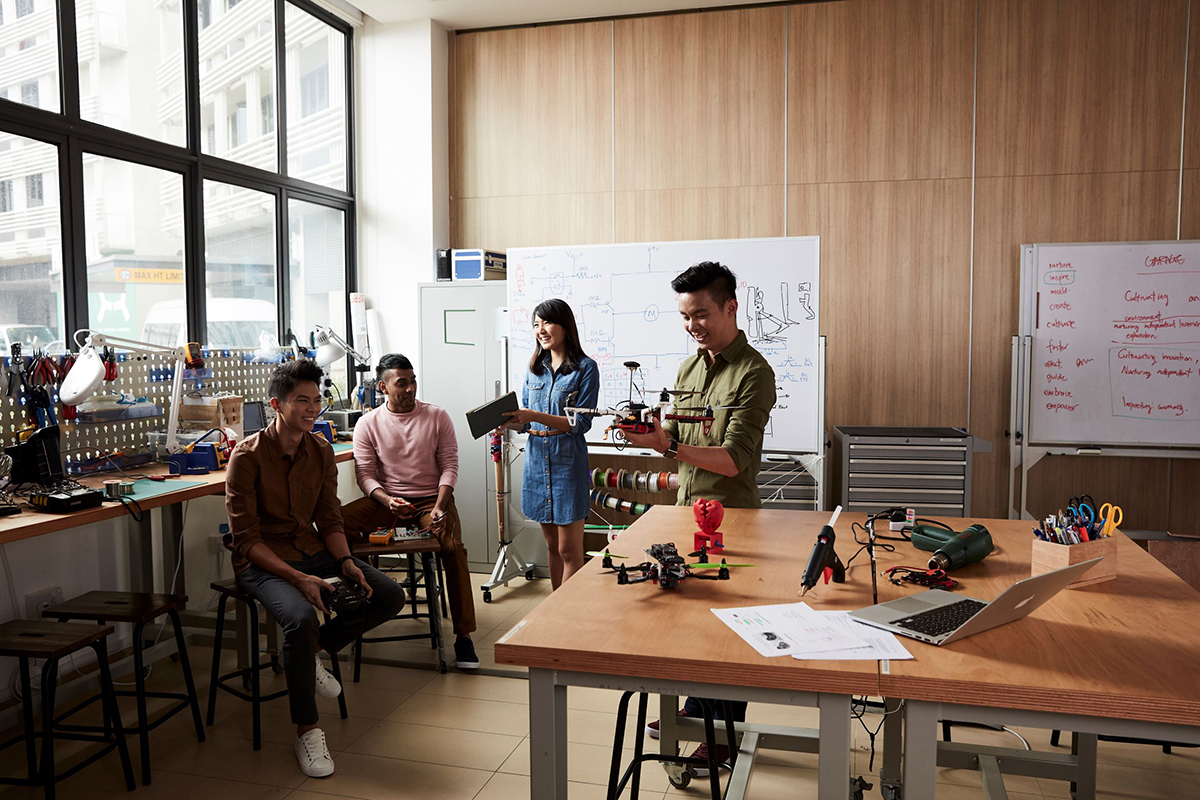
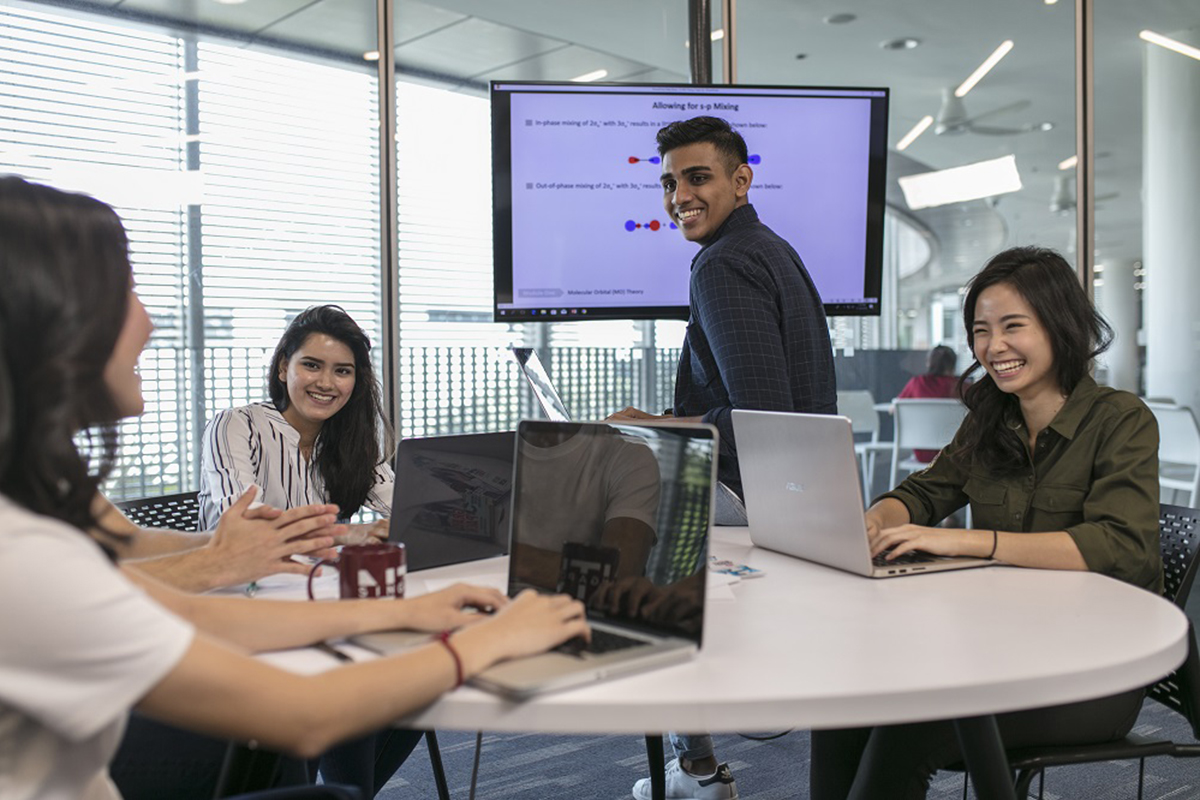
About the University
Nanyang Technological University (NTU) is the second-largest university in Singapore, having around 30,000 students and total faculty and staff population close to 10,000. As QS world university rankings 2022 ranked NTU as 12th, it would be fair to say NTU is the number-one technological university in Asia. The main campus (Yunnan Garden Campus) covers 200 hectares, the largest in Singapore. Located next to Jurong West are, the architectural design is new and open, making it popular with students.
After 1975, all courses, except Chinese languages lessons, are delivered in English. In Singapore, development utilization of underground space in densely populated urban areas and maintenance of social infrastructure facilities are important issues. Academic staff of NTU’s School of Civil and Environmental Engineering is contributing to the field with world-class academic results. You may gain high-quality learning experiences in Singapore, enriched by cultural diversity. Students at NTU can concentrate and get quality education in the diverse environment of Singapore.
Project Preparation Progress (Delivered Results)
NU started interaction with NTU in 2000, exchanging information at international conferences and laboratories visits . As parts of the Japan Society for the Promotion of Science’s Invitational Fellowship for Research Project (short-term) in FY2004, Associate Professor Jian ZHAO was invited to Nagasaki and stayed for a month. Close exchanges have been conducted through special performances, site visits, participation in laboratory seminars, research discussions, and other activities. Since then, both universities have been deepening trust relationship through cooperation in holding international conferences in the areas of expertise in 2006, 2014, 2015, and 2018.
Preparations are currently underway for the signing of a university academic exchange agreement and a memorandum of understanding for student exchange based on the agreement between NU and NTU. Both universities plan to continue developing substantive bi-directional exchanges as NTU is a core partner university of the consortium for collaboration in this project. From FY2020, NU and NTU have discussed and exchanged opinions several times regarding this project on a working-level. NTU will participate as observer in the management system which will be established for the consortium steering committee of the “Japan-China-Korea Consortium for Nurturing Infrastructure Engineers and Scientists”. A memorandum of understanding and agreement on student exchange within this project with NTU will be signed by FY2022.
History
- 1955
- Nanyang University, the predecessor of NTU, was established.
- 1980
- Nanyang University merged with the University of Singapore.
- 1981
- Nanyang Technological Institute (NTI) was established on the premises of the former Nanyang University.
- 1991
- NTI merged with the National Institution of Education to form NTI
National University of Laos
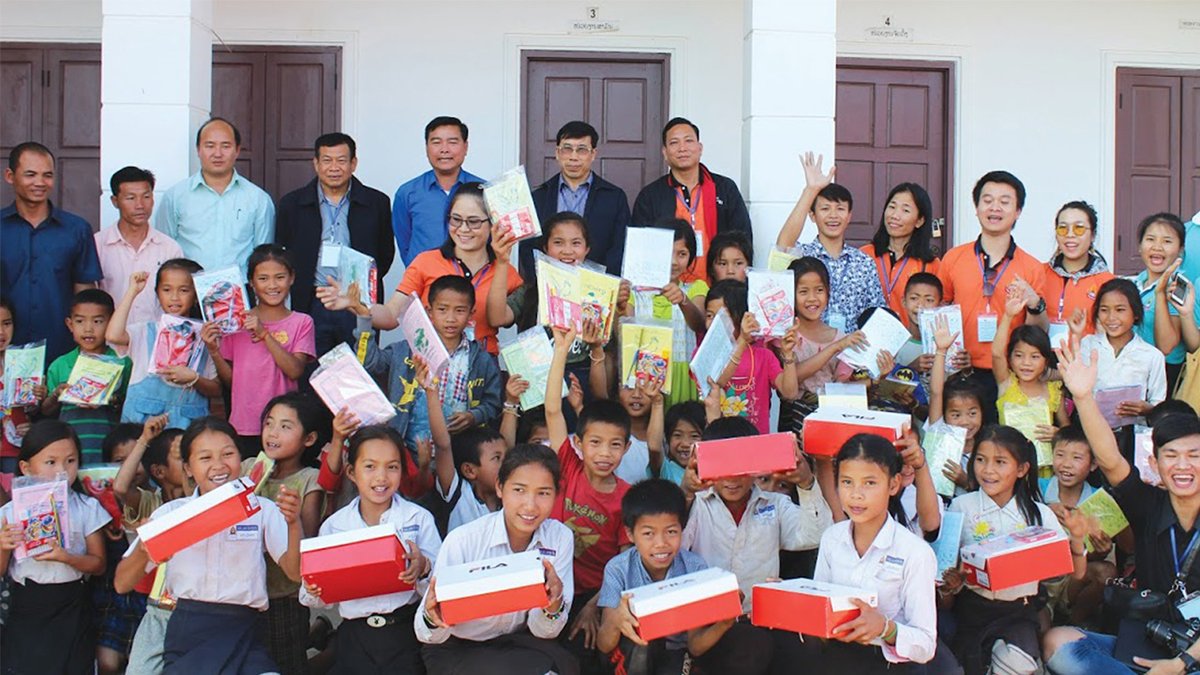
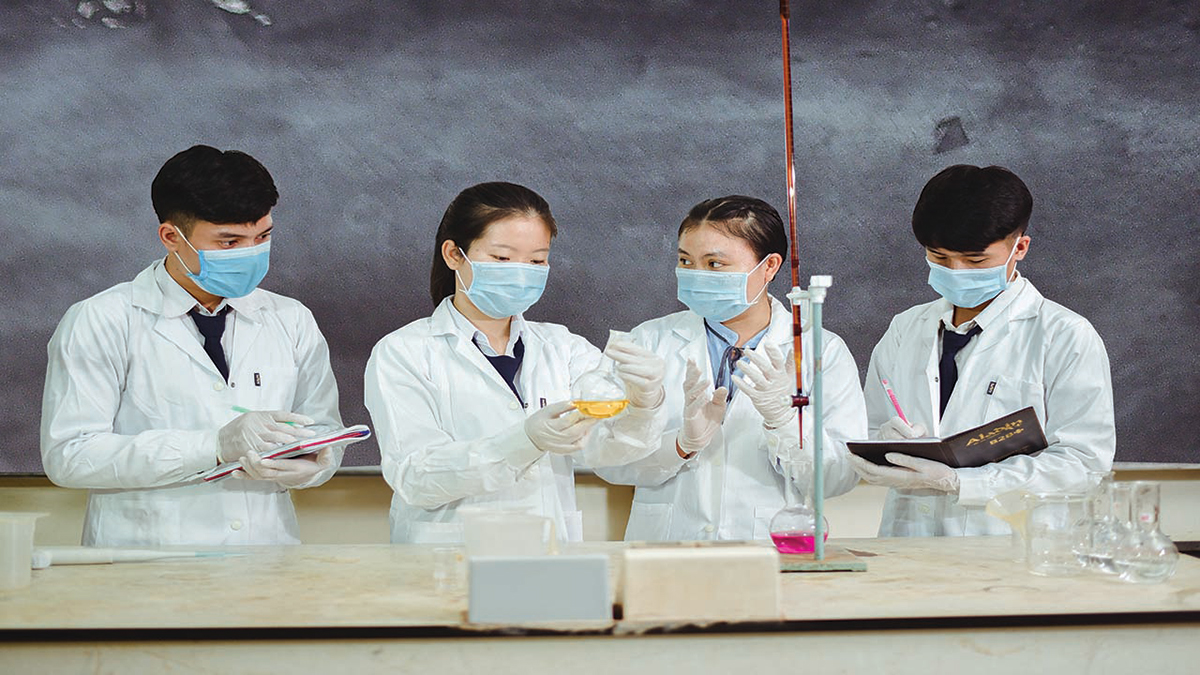
About the University
As the highest educational institution in Laos, the National University of Laos (NUOL) plays a significant role in providing higher education in fields necessary for the social and economic development of Laos, research in the natural and social sciences, preserving the national arts, culture and traditions, and academic support to society. NUOL students learn for five years; the first year is for liberal arts study, and the remaining four years study are offered by each faculty.
NUOL is in Vientiane, the capital of Laos. There are several campuses in the city, and the main campus is Dongdok campus. The university has 13 faculties: Forestry, Education, Social Sciences, Natural Sciences, Letters, Economics and Business Administration, Agriculture, Laws and Political Sciences, Engineering, Architecture, Environmental Sciences, Sport Science and Physical Education, and Water Resources. In addition, NUOL has two institutes, a university hospital, and an ethnic minority school. Various students have graduated as sophisticated human resources since NUOL started its operation.
Project Preparation Progress (Delivered Results)
The exchange with the NUOL began when faculty members from NU’s Graduate School of Engineering participated in a technical cooperation project on road maintenance and management conducted by the Japan International Cooperation Agency (JICA) for the Ministry of Public Works and Transport in Laos. Since then, both universities have continued to exchange information, including academic and research areas. In 2019, a joint research project with NUOL’s Faculty of Engineering, Department of Civil Engineering was selected by the Japan Society of Civil Engineers (JSCE) for the “Research Grant for International Expansion of Infrastructure Management Technologies”. To date, the two universities have been engaged in full-scale academic and research collaboration, including dispatch of doctoral students for research activities and joint experiments.
In order to strengthen exchange system between the two universities, three faculty members from NUOL participated in an international symposium held at NU as part of the “Inter-University Exchange Project: Japan-China-Korea Intercollegiate Cooperative Project for Nurturing Leading Infrastructure Engineers (2nd Mode)”. In preparation for the current project, NU delegated a faculty member who is a co-researcher to be in charge of the project at the NUOL and have exchanged opinions on this project several times since FY2020. The plan is to sing a memorandum of understanding and agreement on student exchange within this project by 2022.
History
- 1996
- NUOL was established as the only national university in Laos at the time.
- 2000
- The Faculty of Humanities and Social Sciences is divided into the Faculty of Social Sciences and the Faculty of Letters.
- 2001
- The Laos-Japan Center for human resource development was established on campus
- 2003
- Started accepting students majoring in Japanese language